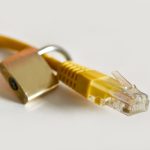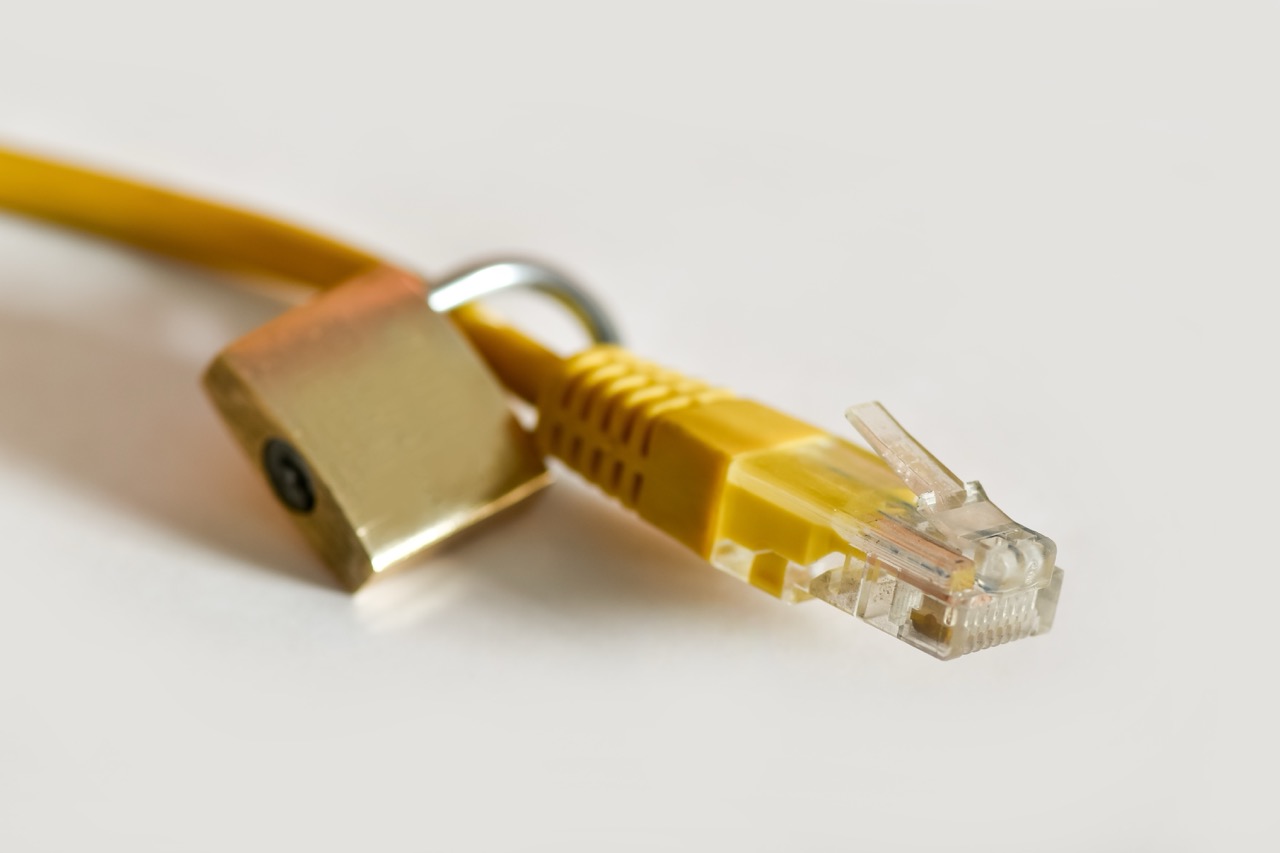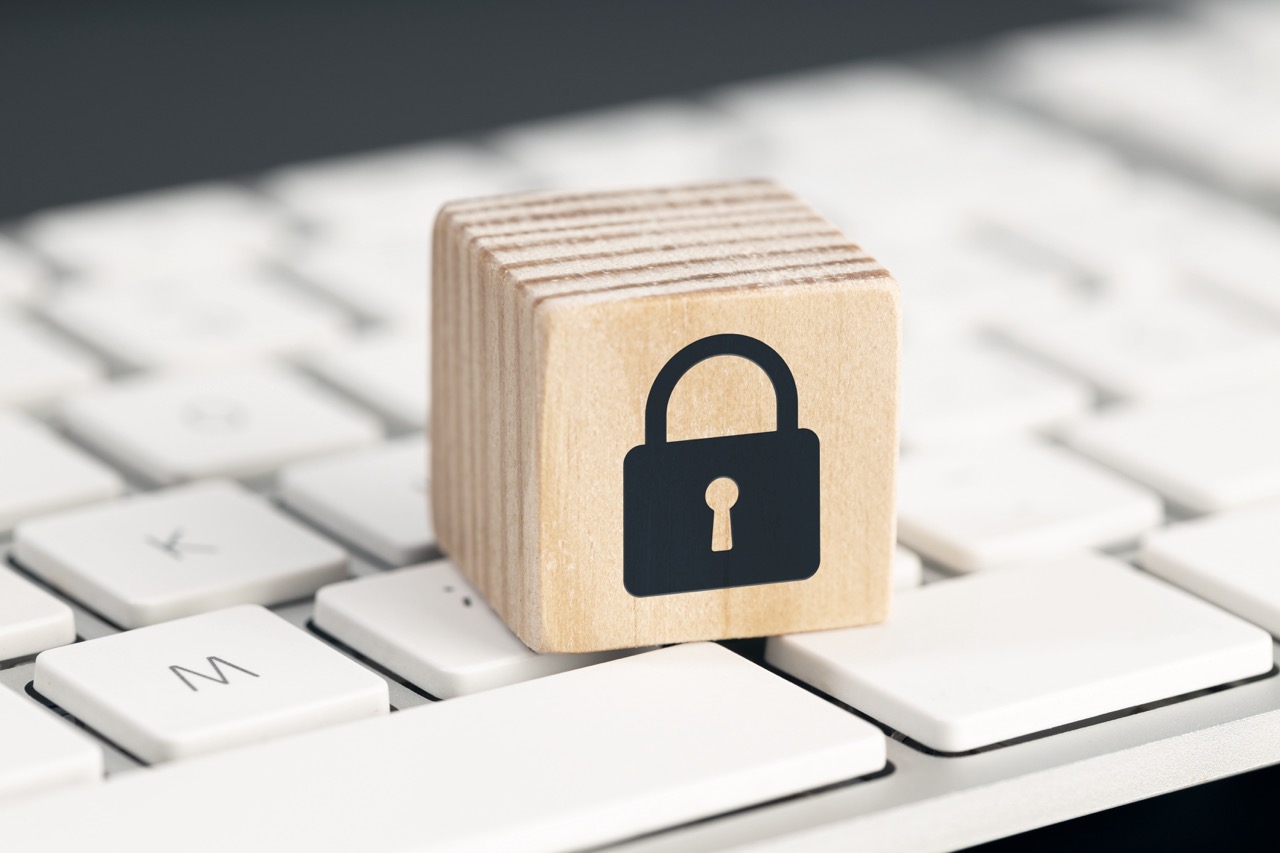In an era where digital threats loom large, cybersecurity has become a fundamental concern for individuals and organizations alike. Among the myriad of cyber threats, phishing attacks have emerged as one of the most prevalent and damaging techniques employed by cybercriminals. As users seek ways to safeguard their digital presence, Virtual Private Networks (VPNs) have gained popularity as a tool that promises enhanced security and privacy. However, the question arises: Are VPNs effective against phishing attacks? This article delves into the mechanics of phishing, the operational capabilities of VPNs, and the extent to which these tools can mitigate the risk of falling victim to phishing schemes.
Understanding Phishing Attacks: Mechanisms and Impact
Phishing attacks are deceptive practices aimed at tricking users into divulging sensitive information, such as passwords, credit card details, or social security numbers. Attackers typically employ various methods, including fraudulent emails, fake websites, and social engineering techniques, to manipulate users into providing their information. The impact of such attacks can be severe, resulting in financial loss, identity theft, and unauthorized access to sensitive accounts. In recent years, phishing has evolved in sophistication, often leveraging current events or popular services to create convincing scenarios that lure victims.
The wide-ranging implications of phishing attacks extend beyond individual victims. Organizations can suffer substantial financial repercussions, reputational damage, and loss of customer trust when employees fall prey to phishing scams. For instance, a successful attack that breaches a company’s data can lead to legal liabilities and regulatory penalties, especially in industries governed by strict data protection laws. Consequently, understanding the mechanisms behind phishing is critical for developing robust strategies to mitigate its impact.
Moreover, phishing attacks have increasingly incorporated advanced tactics, such as spear-phishing and whaling, which target specific individuals or high-profile executives within organizations. These tailored attacks often utilize extensive research to craft highly personalized messages, making them even more convincing. As such, the landscape of phishing is continuously evolving, necessitating that users and organizations remain vigilant and proactive in their defense strategies.
The Role of VPNs in Enhancing Online Privacy and Security
Virtual Private Networks (VPNs) serve as a security measure designed to protect users’ online activities by encrypting their internet traffic and masking their IP addresses. By creating a secure tunnel between the user and the internet, VPNs help safeguard sensitive data from eavesdroppers, such as hackers or ISP providers. This encryption is particularly beneficial in public networks, where users are at an elevated risk of interception. As a result, VPNs are often marketed as an essential tool for enhancing online privacy and security.
Moreover, VPNs can bypass geographical restrictions, allowing users to access content that may otherwise be blocked in their region. This capability can be advantageous for individuals seeking to maintain privacy while accessing sensitive information or conducting research. By providing anonymity, VPNs can create a safer environment for users who might be susceptible to phishing attacks due to their online activities. However, it is crucial to note that while VPNs can enhance privacy, they are not a panacea for all cybersecurity issues.
Despite their benefits, it is essential to understand that VPNs are not specifically designed to combat phishing attacks. They primarily protect the data in transit but do not inherently prevent users from encountering phishing attempts, which often occur through social engineering tactics. Therefore, while they can enhance overall online security, users must remain informed about phishing risks and implement additional protective measures.
How VPNs Function: Encryption and IP Address Masking
At the core of a VPN’s functionality lies its encryption capabilities. When a user connects to a VPN, their internet traffic is routed through a secure server, and the information transmitted between the user and the server is encrypted. This encryption translates sensitive data into a format that is unreadable to anyone intercepting the traffic, thereby providing a layer of security against potential threats. Strong encryption protocols, such as OpenVPN or IKEv2, contribute to the effectiveness of VPNs in safeguarding user data.
Additionally, VPNs mask users’ real IP addresses, replacing them with the IP address of the VPN server. This process helps to obfuscate the user’s online identity, making it more challenging for malicious actors to target them based on their location or online behavior. With an IP address mask, users can browse the internet with an added layer of anonymity, which can be beneficial in avoiding tracking by advertisers or potential threats.
However, while encryption and IP address masking strengthen online security, they do not provide foolproof protection against phishing attacks. Users may still encounter phishing attempts through deceptive emails or fraudulent websites, regardless of whether they are connected to a VPN. Understanding the limitations of VPNs in this context is essential for users who wish to maintain robust cybersecurity practices while utilizing these tools.
Evaluating VPNs: Limitations in Phishing Protection
While VPNs provide significant advantages in terms of online privacy and data security, they have limitations when it comes to phishing protection. First and foremost, VPNs do not actively filter or block phishing attempts. Users can still receive malicious emails or be redirected to fraudulent websites, as these attacks often occur before the data is encrypted or the IP address is masked. VPNs do not have built-in mechanisms to identify or prevent phishing threats, leaving users vulnerable to these types of scams.
Moreover, the effectiveness of a VPN is contingent upon the user’s behavior. Even with a VPN in place, individuals may still fall victim to phishing if they do not exercise caution while interacting with emails or clicking on links. Cybercriminals have honed their skills in creating convincing phishing messages that bypass traditional security measures, making user awareness and education paramount. Consequently, relying solely on a VPN is insufficient to prevent phishing attacks.
Additionally, not all VPN services are created equal. Some free or low-quality VPNs may lack robust security features, potentially exposing users to additional risks, such as data leaks or weak encryption standards. It is crucial for users to carefully evaluate their VPN options, ensuring that they select a reputable service that prioritizes security and privacy. This evaluation underscores the importance of combining VPN use with other security measures to create a comprehensive defense against phishing attacks.
Strategies to Combine VPN Use with Anti-Phishing Measures
To enhance defenses against phishing attacks, users should consider integrating VPN usage with other anti-phishing strategies. First, employing advanced email filtering solutions can significantly reduce the likelihood of phishing emails reaching a user’s inbox. Many modern email services incorporate machine learning algorithms that can detect and redirect suspicious messages. By using a VPN alongside these filtering technologies, users can create a multi-layered security approach.
Additionally, educating users about the signs of phishing attempts is crucial for minimizing risks. Regular training sessions can inform users about common phishing tactics, such as suspicious links, typos in emails, or requests for sensitive information. When users are educated about how to recognize potential threats, they become more resilient, even when using a VPN. This knowledge can empower users to act cautiously and verify the authenticity of online communications.
Lastly, utilizing multi-factor authentication (MFA) is an effective strategy to bolster account security. Even if a user inadvertently provides their login credentials through a phishing attack, MFA adds an additional layer of protection by requiring a second form of verification. When combined with a VPN’s encryption and anonymity features, this approach significantly enhances overall security and reduces the likelihood of successful phishing attacks.
In conclusion, while Virtual Private Networks (VPNs) are valuable tools for enhancing online privacy and security, they are not a standalone solution for preventing phishing attacks. Understanding the mechanisms of phishing, recognizing the limitations of VPN technology, and adopting complementary anti-phishing measures are essential components of a holistic cybersecurity strategy. By combining VPN usage with email filtering, user education, and multi-factor authentication, individuals and organizations can create a comprehensive defense against the evolving landscape of phishing threats. Ultimately, a proactive approach to cybersecurity is vital in safeguarding personal and organizational data in today’s digital world.










